Recent population estimates suggest that the Indian diaspora of about 25 million people is dispersed in about 110 countries of the world. More than half a million people of this diaspora live in 11 countries each. About 3.5 million Indians form a sizable work ‘force in many countries in West Asia and the Gulf, though they are denied citizenship in these countries. These migrations have been classified in three “wavesâ€. The old theories of the “Old colonial diaspora†based on the trauma, agony and pain of adjustment and the “New post colonial diaspora†highlighting the struggle, industry, and racial discrimination of the romantic-idealist elements are based on the “art of the impossible mourningâ€. As loss/brains drain, struggle, and suffering are essential elements of both these theories, they do not fit the success story of the Global Indian who seems tomake a mark in the world with his grit, industry, and competitiveness in the knowledge economy of the Information Age. While some attempts have been made to theorize the First and Second waves of the Indian diaspora in North America and elsewhere, no serious attempt has been made to theorize this third wave of diaspora mainly because of its very recent arrival. By organizing a conference on the theme of Nationalism, Transnationalism and Indian Diaspora, the Centre for Indian Diaspora and Cultural Studies, Hemchandracharya North Gujarat University, Patan made a serious attempts to theorize even the third wave of Indian Diaspora. While attempting to further explore and understand the trauma and suffering of the girmitias in Fiji and other erstwhile British colonies, a serious attempts has been made by other researchers in this book to analyse the “Success story†of some of the recent migrations to the West as well as to far off countries like Mauritius, Madagascar and other French colonies.
Contextualizing Nationalism, Transnationalism and Indian Diaspora
$25.20
$28.00
In stock
Free & Quick Delivery Worldwide
All orders amounting to US$ 50 or more qualify for Free Delivery Worldwide. For orders less than US$ 50, we offer Standard Delivery at $14 per book.
ABOUT THE AUTHOR Adesh Pal
Dr. Adesh Pal is Professor in the Department of English and also the Director of the Centre for Indian Diaspora and Cultural Studies, Hemchandracharya North Gujarat University, patan. He worked on John Keats for his doctoral research, and published a book on Keats. He is deeply interest in literary and cultural theories. He edited the book entitled “Decolonization: A Search for Alternatives†(2001). He has also Contributed a number of research articles to standard journals.
ABOUT THE AUTHOR Kavita A. Sharma
Dr. Kavita A Sharma is currently the Principal of Hindu College, Delhi University, Delhi. she is trained in both literature and law being Ph.D. in English and Master in Law. She has been teaching at Hindu College since 1971 and has been a visiting faculty at Tokyo Women’s Christian college and at University of Indonesia. Recipient of Shastri Indo Canadian fellowship for Faculty Enrichment Fellowship, she has authored three books: Ongoing Journey: Indian Migration to Canada (1997) and 50 Years of University Grants Commission (2003). She has contributed numerous papers, articles and essays to various national and international journals, periodicals and dailies.
ABOUT THE AUTHOR Tapas Chakrabarti
Dr. Tapas Chakrabarti is Reader in the Department of English, Hemchandracharya North Gujarat University, Patan. He worked on Amitav Ghosh for his doctoral research. He has co-edited one book on John Keats and another on “Decolonization: A Search for Alernatives†(2001). He has several research articles published to his credit.
reviews
0 in total
Review by Anonymous
Contextualizing Nationalism, Transnationalism and Indian Diaspora
Be the first to review “Contextualizing Nationalism, Transnationalism and Indian Diaspora” Cancel reply
You must be logged in to post a review.
Bibliographic information
Title
Contextualizing Nationalism, Transnationalism and Indian Diaspora
Author
Edition
1st ed.
Publisher
ISBN
8180430332
Length
234p., Tables; References; 23cm.
Subjects
more by Adesh Pal see more
more by Kavita A. Sharma see more
more by Tapas Chakrabarti see more
Global Gujarat and Its Diaspora
$38.70
$43.00
similar bookssee more
Rama-Katha
$13.50
$15.00


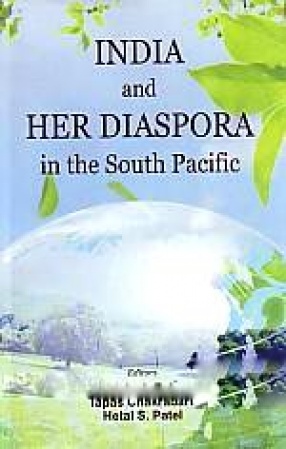
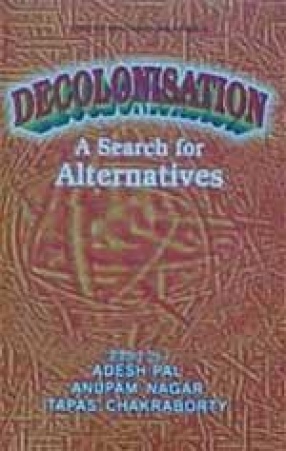
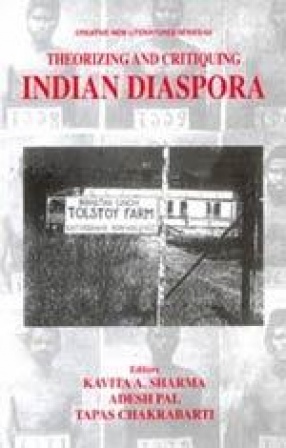
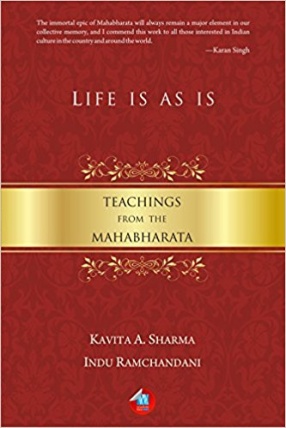
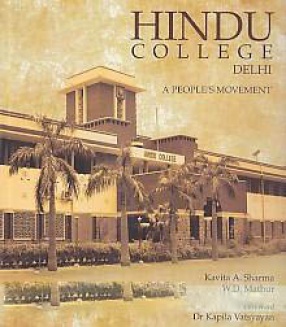
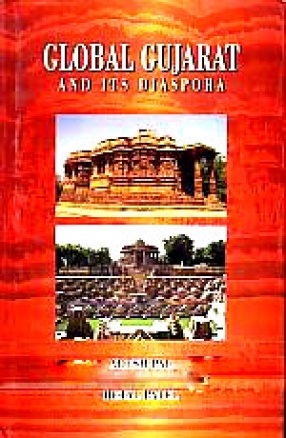
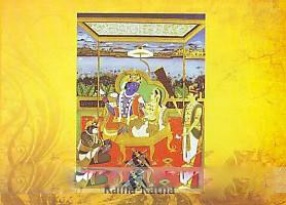
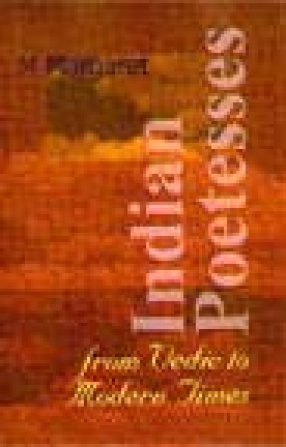
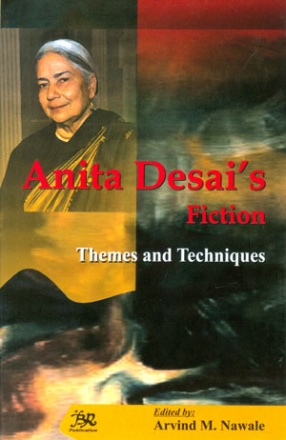
There are no reviews yet.